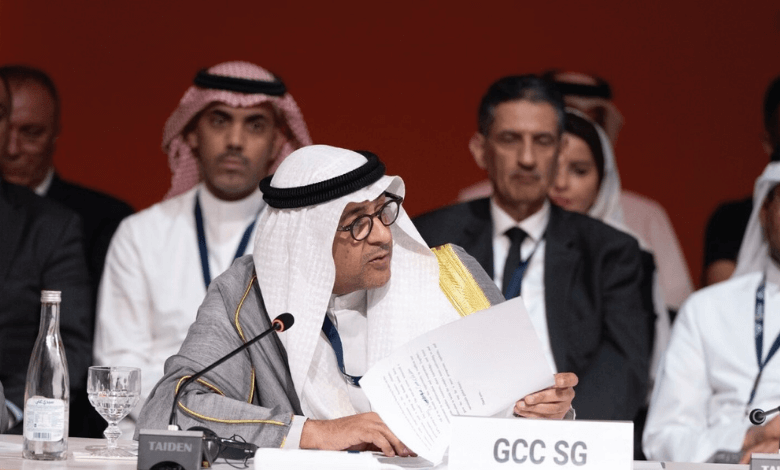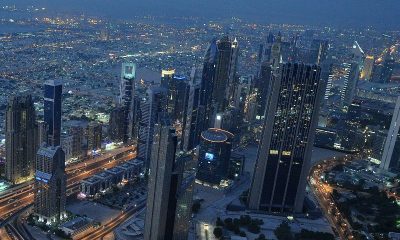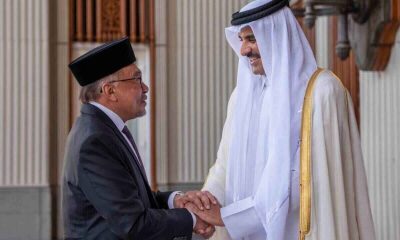Jassem Mohamed Albudaiwi, the Secretary-General of the Gulf Cooperation Council (GCC), stressed that despite economic disruptions, GCC policymakers have effectively mitigated the economic effects of these challenges.
The GDP of the GCC countries increased significantly, hitting 7.3% in 2022. Albudaiwi made these comments while meeting with Ajay Banga, the president of the World Bank Group, at the Arab Governors’ Conference.
The GCC Secretary-General warned that economic issues threaten our shared goal of a world without poverty, sustainable development, and widespread prosperity. He stressed that the global economy is fragile and that the World Bank expects a significant slowdown in growth in the coming years.
In recognition of international interdependence, Albudaiwi stressed that addressing global issues requires a shared vision and cooperation. Sustainable solutions are needed to mitigate global economic challenges, he added.
Albudaiwi believes bilateral and multilateral agreements between nations and international organizations, as well as international community action and global financial institutions, can achieve this.
Albudaiwi concluded by praising the GCC’s structural changes in response to economic problems.
These reforms boost competitiveness, business conditions, economic growth, and women entering the workforce.
In addition, the non-oil sector saw a noteworthy 4.8% growth in 2022.
The Great Recovery Journey: Non-Oil Sector Drives Large Economic Growth in GCC’s Economy
In a surprising turn of events, the Gulf Cooperation Council (GCC) states’ GDP grew by an amazing 7.3% in 2022. This was mostly due to the impressive growth of their non-oil sectors. This accomplishment is a historic turning point in the region’s economic history.
The GCC is a group of 6-countries, and its income has traditionally come mostly from the oil industry. However, this recent report highlighted the diversity and various sources of income.
GCC countries are really making efforts after realizing how important it is to be less dependent on oil, the picture was clear for the GCC nations in the COVID-19 pandemic. Ideas, reform plans, and initiatives were taken to help non-oil sectors.
Also Read: OPEC Holds Steady: Maintains 2023 and 2024 Oil Demand Predictions
Some big examples you might remember were headlines like Saudi Arabia’s ambitious Vision 2030 program to make its economy less dependent on oil revenues and more diversified. Furthermore, the UAE, especially Dubai and Abu Dhabi, have gone a long way towards becoming major business and tourism destinations around the world. Qatar’s economy has also grown rapidly, with money invested in infrastructure, logistics, and hosting the 2022 FIFA World Cup. Bahrain, Kuwait, and Oman have also launched projects to improve their non-oil industries, which will help their economies grow and become more diversified.
The impressive 7.3% GDP growth is a good example set by the GCC countries to the world, “of how strong and determined policies can bring positive change even in the worst circumstances in the world.”
It really is a big moment in the area’s history and a sign of great things to come.






















